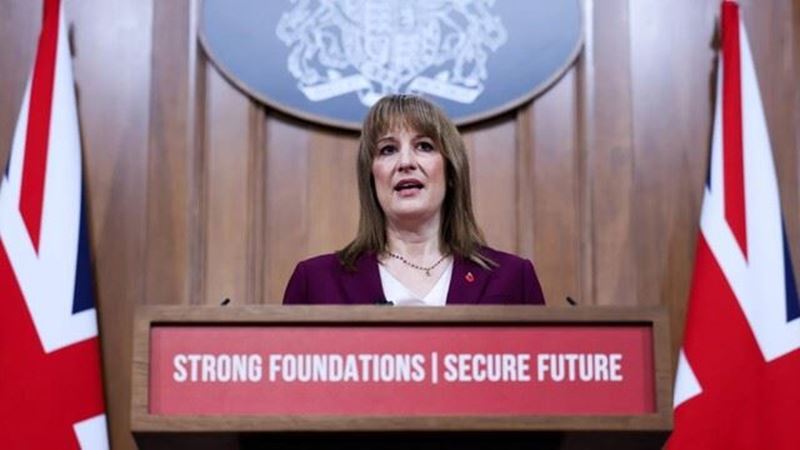Sources close to the matter say Reeves has shelved plans to raise both the basic and higher income tax rates due to concerns within the Labour Party that such a move could undermine its election pledges. They added that a proposed “exit tax” on wealthy individuals leaving the country is now being reconsidered, and plans for tougher taxation on professionals operating through limited liability partnerships may also be softened.
The developments triggered rapid volatility in the bond market. The UK’s 10-year gilt yield jumped 13 basis points to 4.57%, marking the sharpest daily increase since July. Sterling fell 0.6% against the USD, becoming the weakest major currency of the week.
Two Budget Scenarios Being Drafted
Treasury sources indicated that Reeves is currently working on two versions of the budget: one involving more sweeping and politically sensitive tax hikes, and another focused on limited changes to tax legislation. Although the Chancellor initially leaned toward tougher measures, rising political pressure is said to have pushed her toward the more moderate option.
According to The Financial Times, Reeves is now considering lowering income tax thresholds instead of raising tax rates. This shift comes amid speculation that a senior member of Prime Minister Keir Starmer’s cabinet is positioning for a potential leadership contest.
A GBP 35 Billion Gap to Close
Government officials speaking to Bloomberg said internal divisions within the cabinet have made it difficult for Reeves to finalize which policies will be included in the budget. Key decisions are expected in the coming days ahead of the budget announcement on 26 November.
The Chancellor faces a major challenge: closing a budget shortfall of roughly GBP 35 billion. Some senior party figures have reportedly pushed back against recently floated proposals, and one government official warned that without a clear and confidence-building statement from the Treasury, concerns will grow that an income tax increase is inevitable.










Comments
No comment yet.